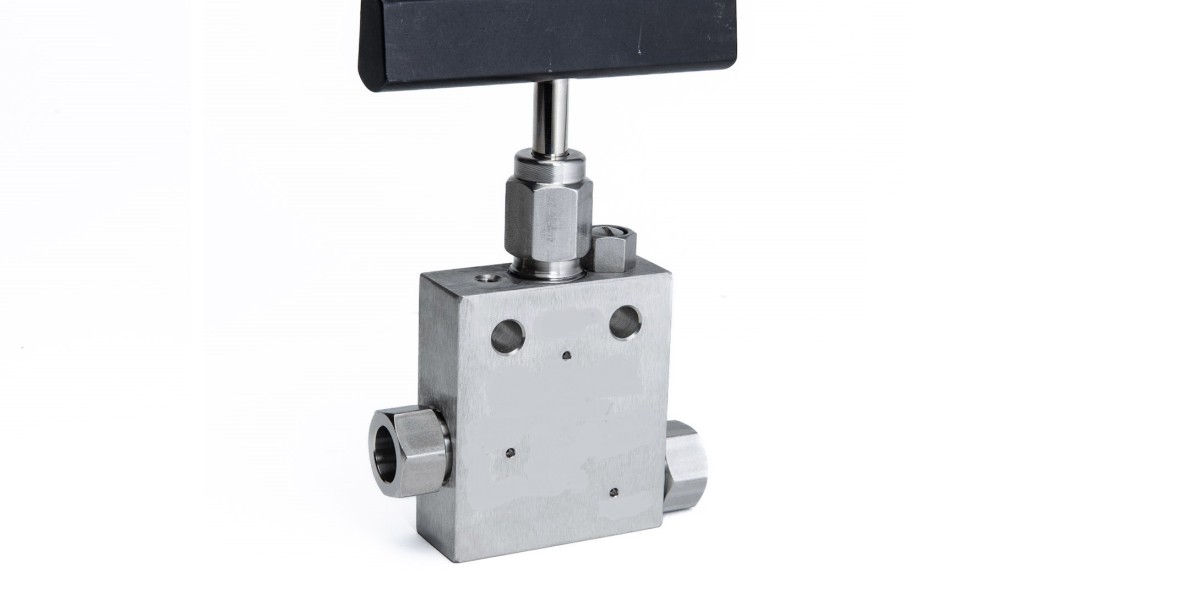Introduction
Medical cannabis has evolved from a controversial and widely misunderstood treatment to an increasingly accepted option for patients suffering from a range of medical conditions. In Melbourne, as in much of Australia, medical cannabis is now legal under specific conditions, offering a new avenue for treatment, particularly for those who have not responded well to traditional therapies. In this article, we will explore the history, legal framework, potential benefits, and practical considerations surrounding medical cannabis in Melbourne, helping you understand how this treatment works and how it can be accessed.
What is Medical Cannabis?
Medical cannabis refers to the use of cannabis or its components (such as cannabidiol (CBD) and tetrahydrocannabinol (THC)) for therapeutic purposes. While cannabis is most commonly associated with recreational use, its medicinal properties have been studied for decades. Researchers have found that cannabis can be effective in treating a variety of conditions, especially those that involve chronic pain, neurological disorders, mental health issues, and nausea due to chemotherapy.
The main active ingredients in medical cannabis are THC, which has psychoactive effects, and CBD, which is non-psychoactive and is often sought for its potential anti-inflammatory and pain-relieving properties. The combination of these compounds in medical cannabis can be tailored to suit the needs of individual patients.
History of Medical Cannabis in Melbourne and Australia
The use of cannabis for medicinal purposes has a long history. In Australia, however, medical cannabis was not legally available until recent years. In 2016, the Australian government passed laws allowing for the legal use of cannabis for medicinal purposes under strict regulation. This move came after years of advocacy from medical professionals, patients, and legal experts who argued for the therapeutic potential of cannabis in treating conditions like chronic pain, epilepsy, and anxiety disorders.
In Melbourne, medical cannabis became more accessible in 2017, with the government issuing licenses for doctors to prescribe medicinal cannabis. As of 2021, the regulatory framework in Melbourne allows qualified medical practitioners to prescribe medical cannabis for a wide range of conditions, subject to approval from the Therapeutic Goods Administration (TGA).
Legal Framework for Medical Cannabis in Melbourne
The legal landscape surrounding medical cannabis in Melbourne is tightly controlled and governed by both state and federal laws. Medical cannabis is legally available in Melbourne under the following conditions:
Prescription Requirement: A medical practitioner must prescribe cannabis to a patient for it to be legally obtained. The doctor must assess the patient’s medical condition, review previous treatments, and determine whether medical cannabis is appropriate.
Approval from the TGA: Before a patient can begin treatment with medical cannabis, the doctor must submit an application to the TGA for approval. In some cases, the doctor may need to apply for a special permit to access medical cannabis products. This process ensures that only patients with legitimate medical needs are prescribed cannabis.
Prescription Limitations: Medical cannabis in Melbourne is prescribed primarily for chronic pain, epilepsy, multiple sclerosis, chemotherapy-induced nausea, anxiety, and sleep disorders. However, each case is assessed individually, and cannabis is only prescribed when other treatments have proven ineffective or unsuitable.
Quality Control and Regulation: Medical cannabis products sold in Melbourne must meet strict quality standards set by the TGA. This ensures that patients receive safe and effective products that meet the prescribed dosage and potency. The cannabis products available in Melbourne are often in the form of oils, tinctures, capsules, or dried flower for vaporization.
Privacy and Confidentiality: Medical cannabis patients are protected under privacy laws. This means that medical professionals must respect the confidentiality of their patients’ treatment, and patients are not required to disclose their use of cannabis to employers or other parties unless they choose to do so.
Conditions Treated with Medical Cannabis in Melbourne
Medical cannabis is used in Melbourne for a range of health conditions. Some of the most common medical conditions treated with cannabis include:
1. Chronic Pain
One of the most widely known and studied uses of medical cannabis is for the management of chronic pain. Cannabis, particularly when it contains THC, has analgesic (pain-relieving) properties, making it an effective treatment for patients with chronic pain from conditions like arthritis, back pain, and fibromyalgia. Cannabis-based treatments can help reduce pain perception, decrease inflammation, and improve overall quality of life.
2. Epilepsy and Seizure Disorders
Cannabis, especially CBD, has gained attention for its potential to reduce the frequency and severity of seizures in patients with epilepsy. Epidiolex, a CBD-based product, has been approved in some countries for the treatment of epilepsy in children who do not respond to conventional medications. In Melbourne, medical cannabis may be prescribed to patients with epilepsy, particularly those with treatment-resistant forms of the condition.
3. Multiple Sclerosis (MS)
Multiple sclerosis is a chronic neurological condition that affects the central nervous system, causing symptoms such as muscle stiffness, pain, and spasms. Cannabis has been shown to help alleviate muscle spasticity and pain in MS patients, offering relief and improving mobility and function.
4. Mental Health Conditions
Cannabis has been used as an adjunct treatment for various mental health disorders, including anxiety, depression, and PTSD. CBD, in particular, has shown promise in reducing anxiety symptoms and improving sleep, though more research is needed to understand its full effects. Patients with mental health conditions in Melbourne may be prescribed medical cannabis when traditional medications have proven ineffective or have undesirable side effects.
5. Nausea and Vomiting due to Chemotherapy
Chemotherapy-induced nausea and vomiting are common side effects of cancer treatment. Cannabis, particularly THC, has antiemetic (anti-nausea) properties, making it an effective treatment for patients undergoing chemotherapy. Medical cannabis can help improve patients' quality of life by reducing nausea and stimulating appetite.
How to Access Medical Cannabis in Melbourne
Accessing medical cannabis in Melbourne is a multi-step process, and it requires careful consideration of both medical and legal factors. Here’s how to go about obtaining medical cannabis:
Consult a General Practitioner (GP) The first step is to consult a GP who is familiar with medical cannabis treatments. Not all doctors are licensed to prescribe medical cannabis, so it’s important to find one who has the proper credentials. Many clinics in Melbourne specialize in medical cannabis, so seeking one out might be helpful.
Get a Referral to a Specialist (if necessary) If your GP agrees that medical cannabis could be a beneficial treatment for your condition, they may refer you to a specialist for a more in-depth assessment. This is particularly common for patients with complex medical conditions like chronic pain or epilepsy.
Obtain a Prescription Once a doctor has assessed your condition and determined that medical cannabis is appropriate, they will write a prescription for you. The prescription is submitted to the TGA for approval, which can take time. In some cases, the doctor may apply for expedited approval based on the urgency of the treatment.
Fill Your Prescription Once approved by the TGA, you can fill your prescription at a licensed pharmacy. In Melbourne, several pharmacies specialize in providing medical cannabis products, and they will help you understand how to use the medication safely.
Ongoing Monitoring and Adjustments After starting treatment with medical cannabis, it’s essential to continue regular follow-up appointments with your doctor. This ensures that the treatment is working effectively and allows for adjustments in dosage or form if necessary.
Benefits and Risks of Medical Cannabis
Benefits:
- Effective for chronic conditions: Medical cannabis is proven to be an effective treatment for chronic pain, neurological disorders, and other conditions.
- Improved quality of life: Patients who have not found relief with traditional medications often report an improvement in their overall quality of life when using medical cannabis.
- Fewer side effects: Many patients find that cannabis has fewer side effects compared to prescription painkillers or other pharmaceuticals.
Risks:
- Psychoactive effects: THC can cause psychoactive effects, such as drowsiness or dizziness, which may not be suitable for all patients.
- Legal complexities: While medical cannabis is legal in Melbourne, navigating the regulatory requirements can be a complex process.
- Varied responses: Not all patients will respond to medical cannabis in the same way, and some may find it less effective than others.
Conclusion
Medical cannabis in Melbourne offers a promising alternative for patients dealing with chronic pain, neurological conditions, mental health issues, and chemotherapy side effects. While the legal framework and access processes may seem complex, the increasing availability and recognition of medical cannabis are making it more accessible to those who need it most. By working with a qualified healthcare provider, patients can find the right treatment plan, ensuring that medical cannabis is used safely and effectively as part of their healthcare journey.








